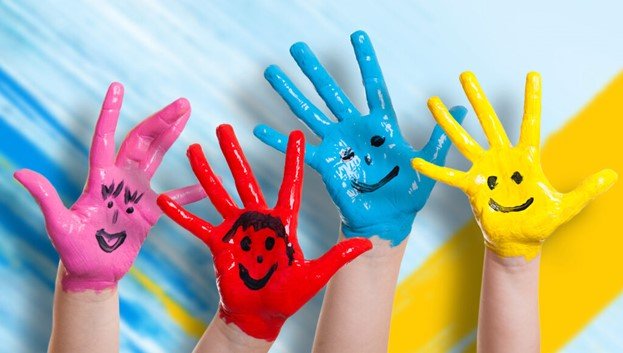
“Children’s rights are not special rights, but rather the fundamental rights inherent to the human dignity of all people.” — UNICEF
Universal Children’s Day, also known as World Children’s Day, takes place on November 20th. This was the date in 1959 when the UN General Assembly adopted the Declaration of the Rights of the Child. On the same day in 1989, the UN General Assembly adopted the Convention on the Rights of the Child. The UN Convention on the Rights of the Child (UNCRC) is the most universally accepted human rights treaty in history.
It is celebrated on 20 November each year to promote international togetherness, awareness among children worldwide, and improving children’s welfare.
The CRC helped change the way children are viewed and treated. Children are no longer viewed as the property of their parents. They are not helpless, and they are not objects for charity. A child is a human being and is entitled to be treated as one.
The CRC also set out a number of specific children’s rights including:
- the right to life;
- the right to health and health services;
- the right to a family;
- the right to education and play;
- the right not to be tortured or subjected to inhuman treatment or punishment;
- the right to be protected from exploitation, violence and abuse;
- the right to have a voice, to be heard;
- the right not to be discriminated against;
- the right to freedom of expression, thought, conscience and religion.
By specifying a child’s rights, the CRC is helping create a world in which every child is able develop to his or her fullest potential, which is precisely the business we’re in.
How education fits in
Article 28 of the Convention on the Rights of the Child says every country which signs it should:
- Make primary education compulsory and available free to all
- Encourage the development of different forms of secondary education, including general and vocational – and make them available and accessible to every child
- Make higher education accessible to all
- Encourage regular attendance at school and reduce drop-out rates
Article 29 says education must develop every child’s personality, talents and abilities to the full. It must encourage the child’s respect for human rights, as well as respect for their parents, their own and other cultures, and the environment.
Why the right to education is vital?
Every child in the world has the right to an education enshrined in the Convention on the Rights of the Child. But nearly 260 million children – about one in 10 – were out of school even before the Covid-19 pandemic struck.
Hundreds of millions more have had their education disrupted this year by the health crisis and there are fears that many will never return to the classroom.
“The words of the Convention on the Rights of the Child cannot be forgotten,” said Their world President Justin van Fleet. “In 2020, a global pandemic, climate change, poverty and political unrest place the lives of countless children on the margins at risk. Taking action to realise the right to education is the key to unlocking a better future.”
Without quality education for EVERY child, we won’t be able to help unleash the potential of the next generation. You can help to make the case for every child to have the best start in life, a safe place to learn and skills for the future.
Prepared by: Daniela Bardhaj Intern R&D “The Center for School Leadership”
References:
https://www.savethechildren.org/us/charity-stories/universal-childrens-day
https://www.un.org/en/observances/world-childrens-day
https://theirworld.org/news/world-childrens-day-celebrating-the-right-to-quality-education
https://www.compassion.com/world-days/universal-childrens-day.htm


